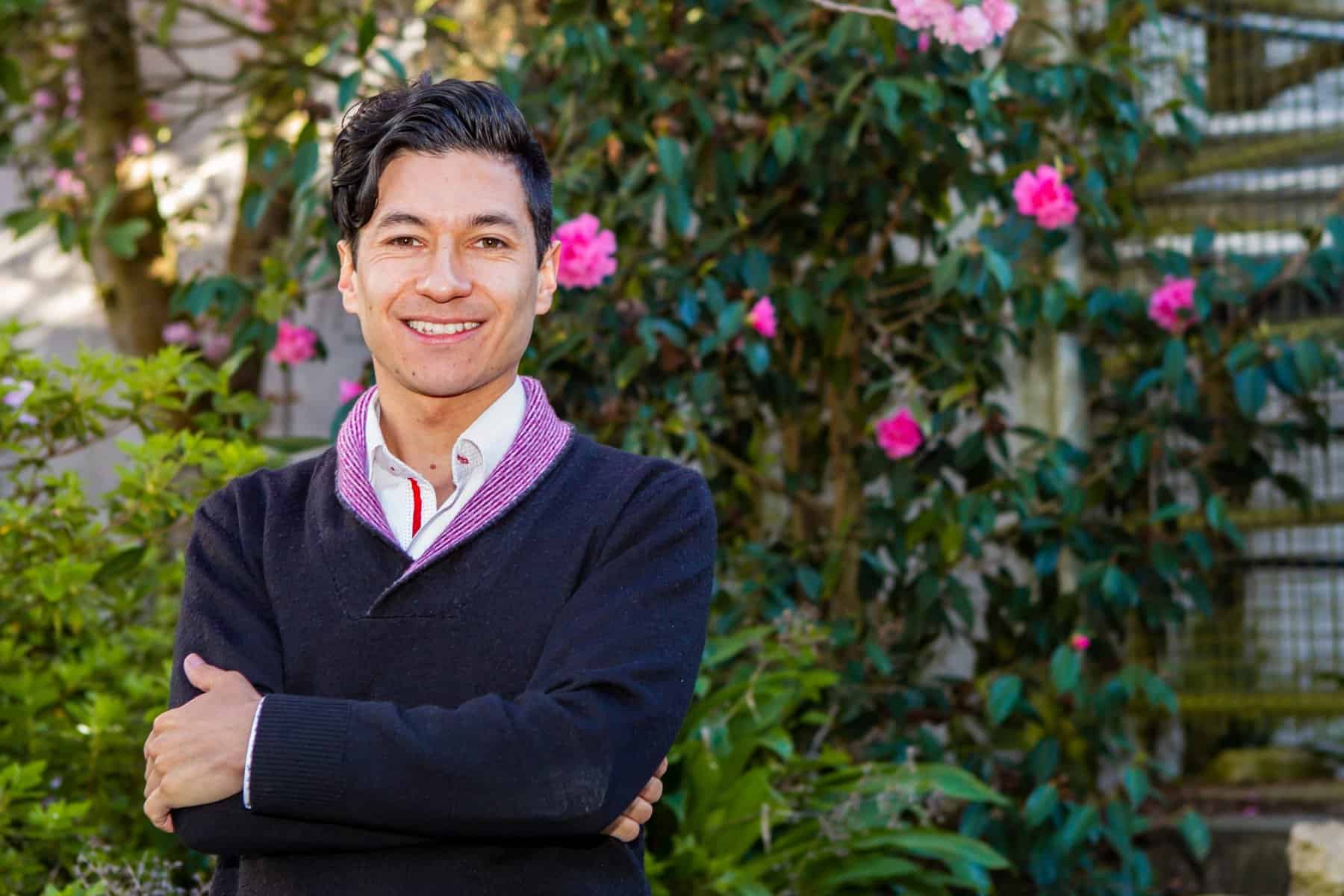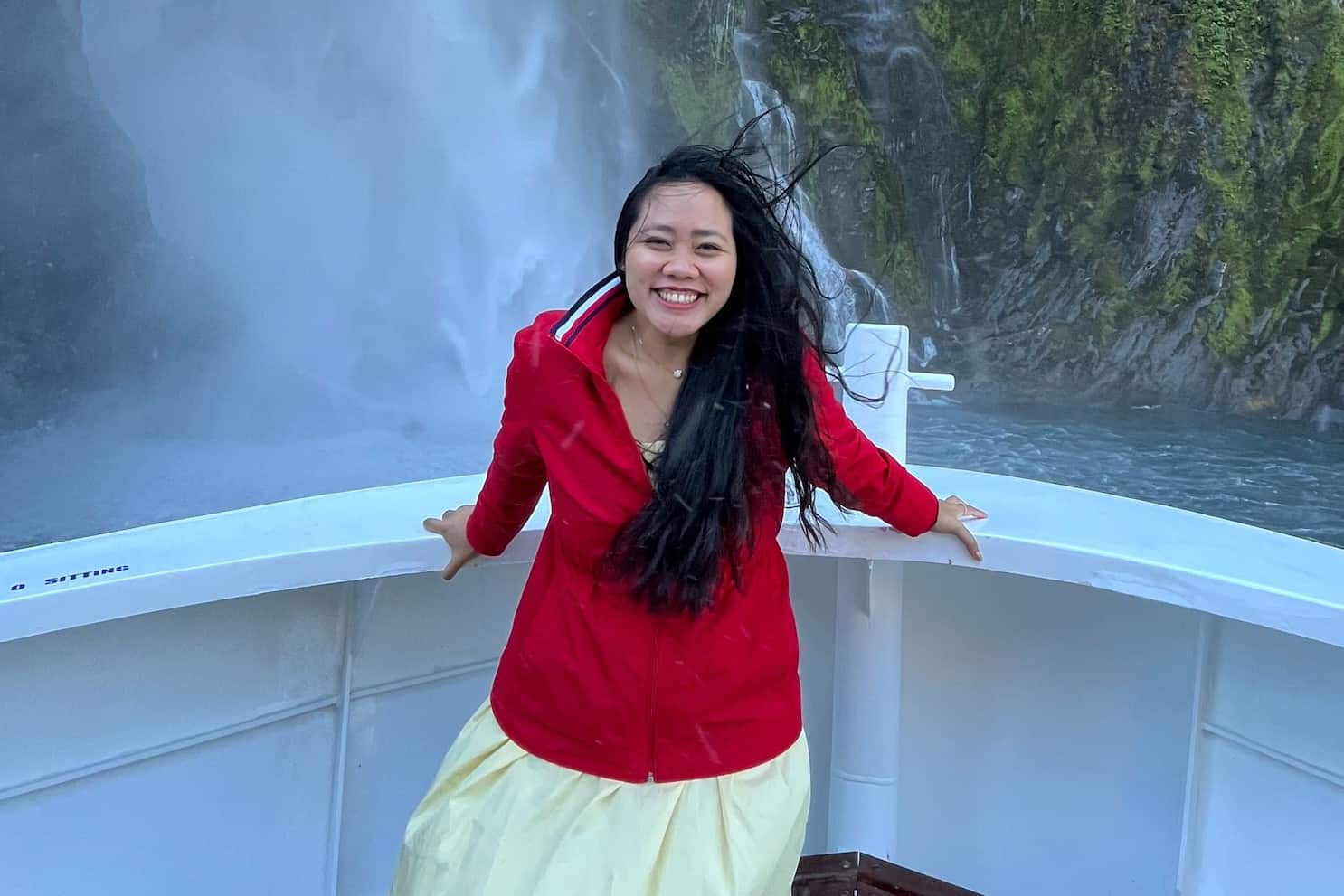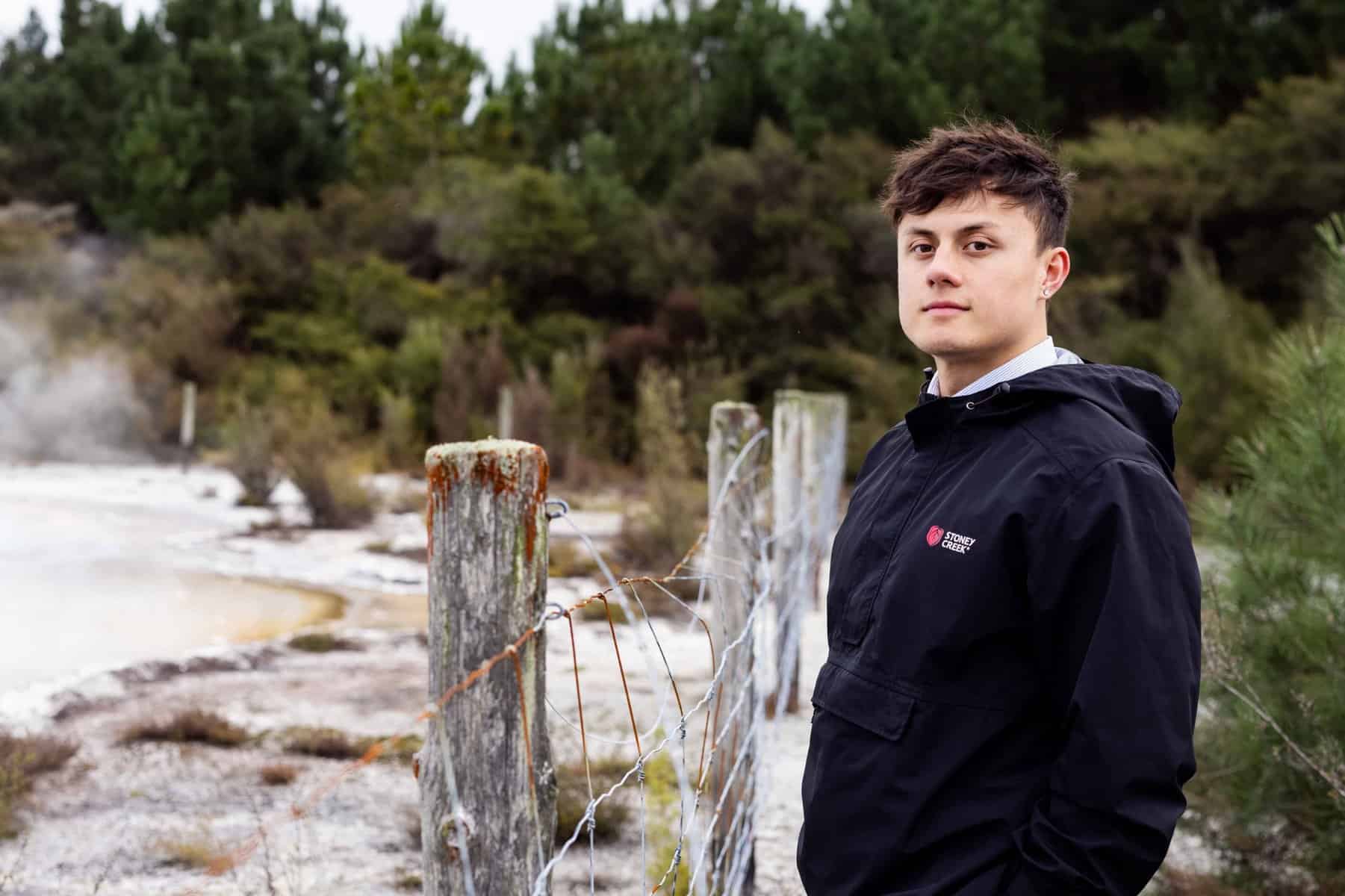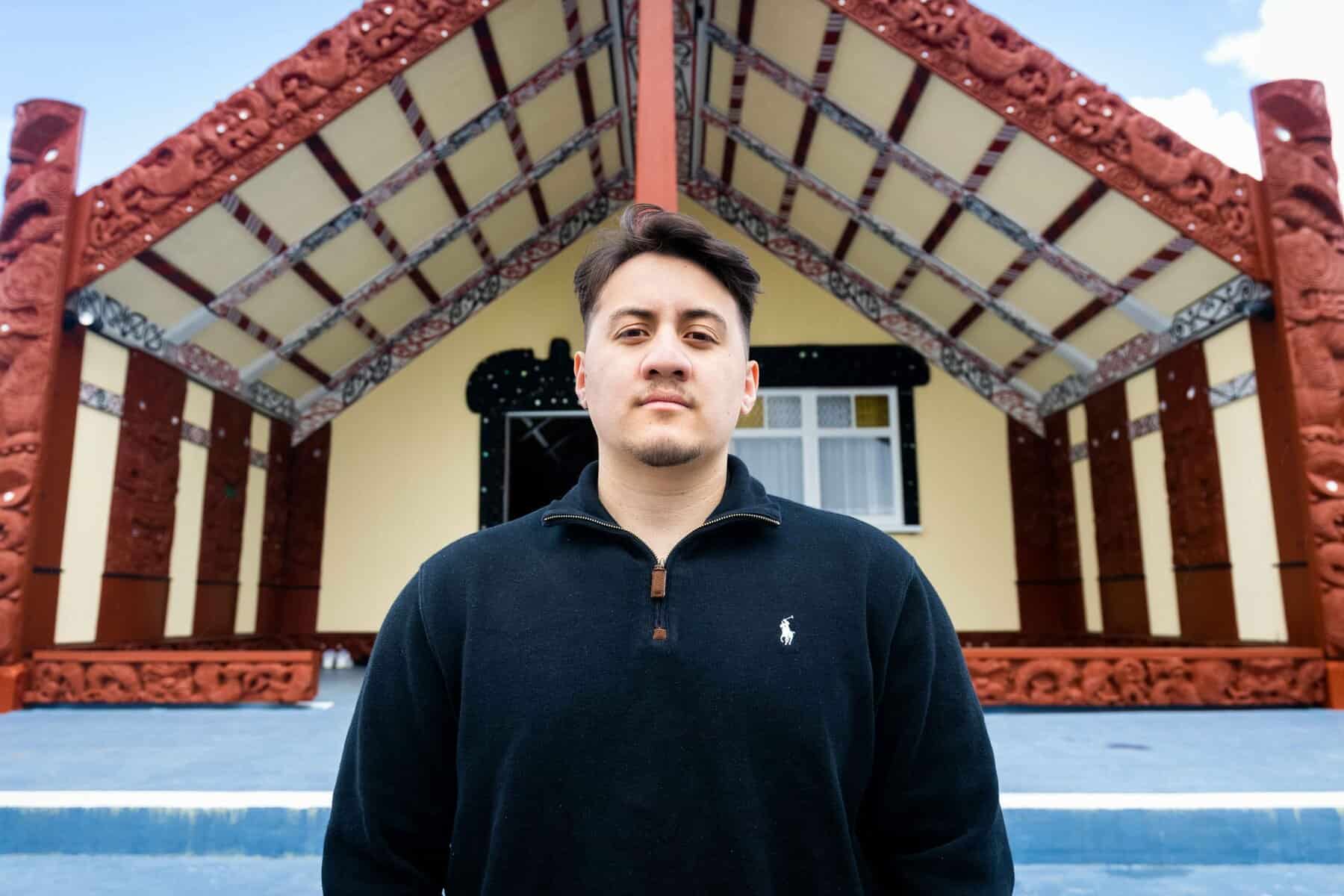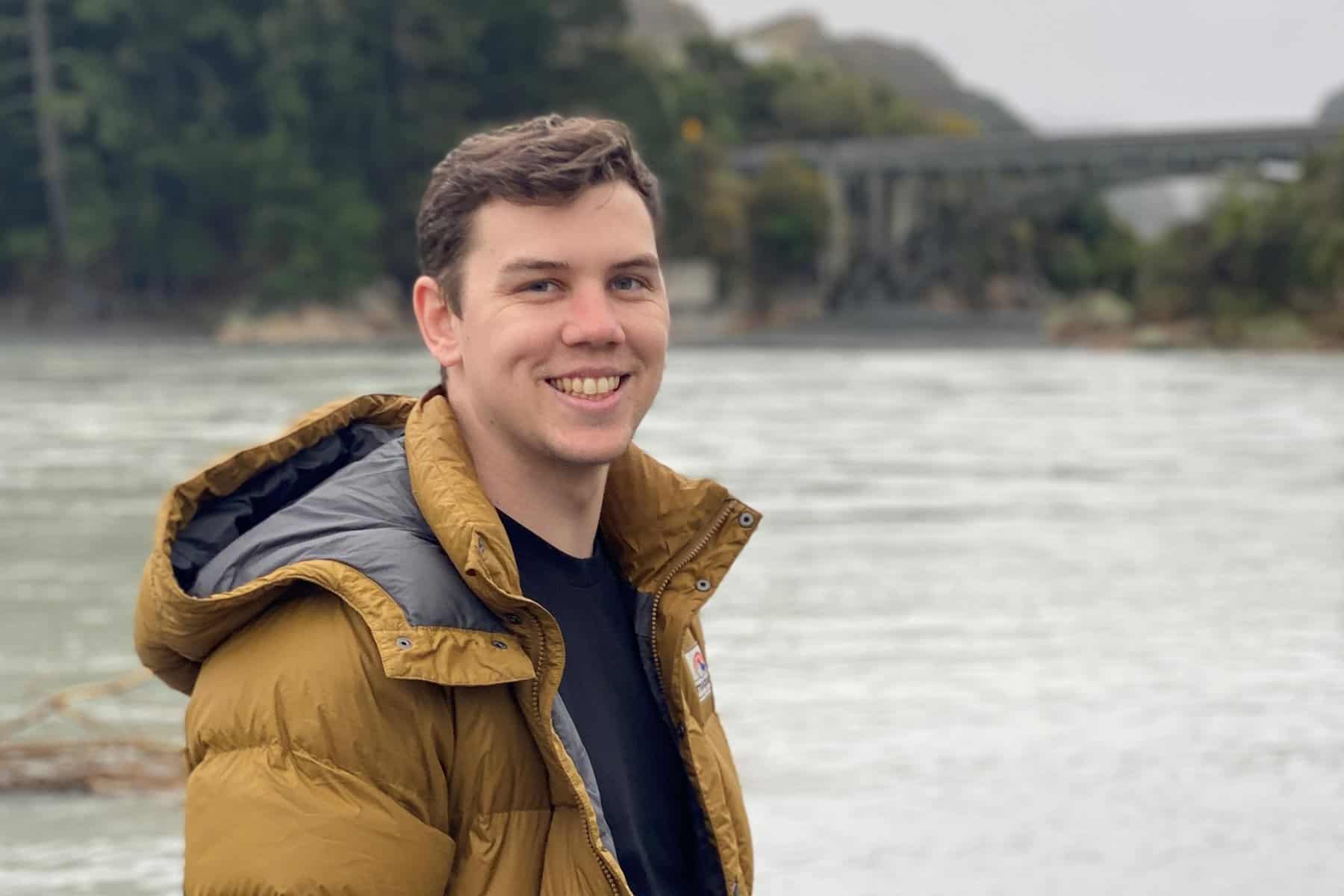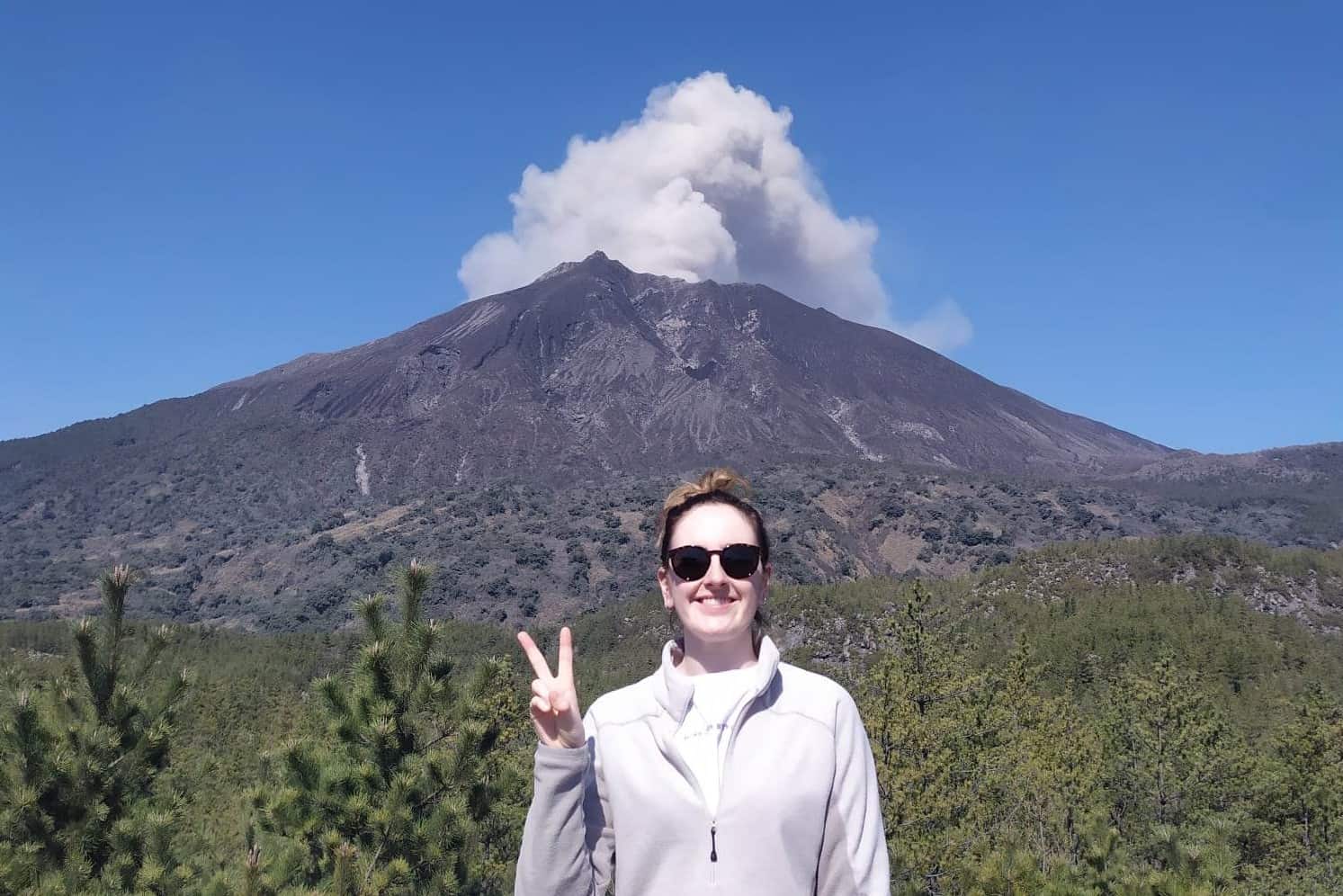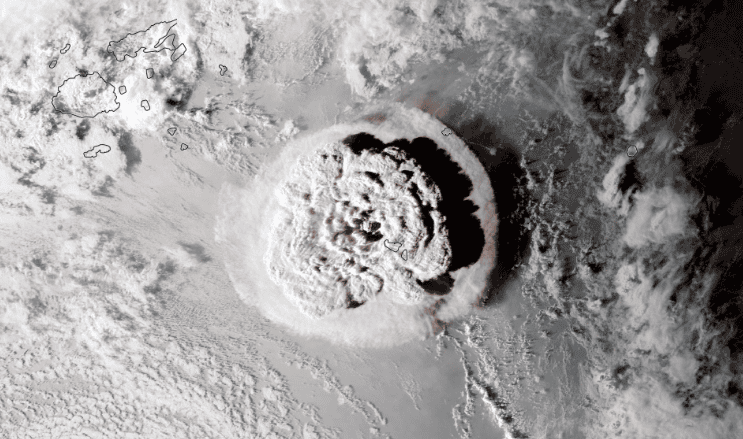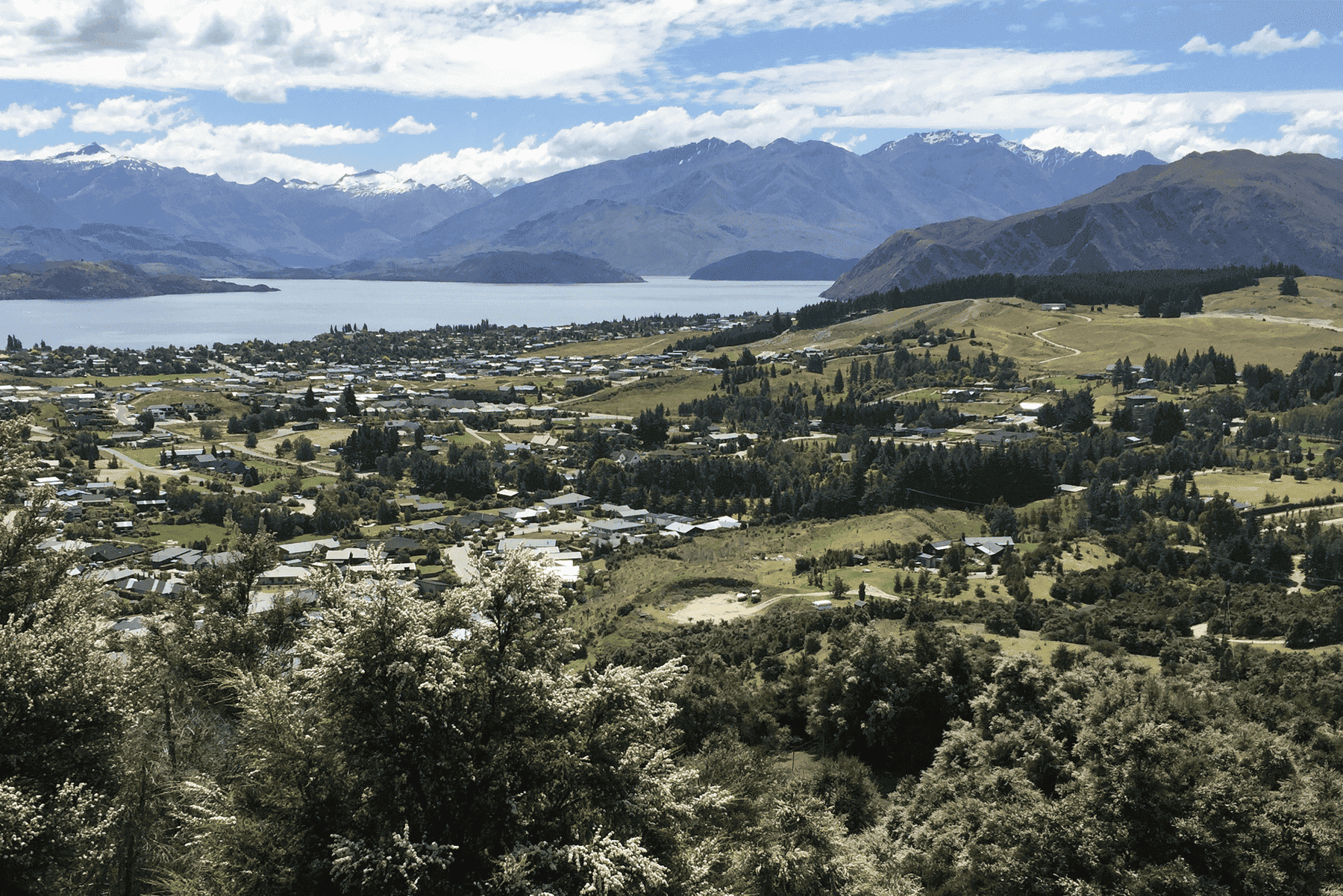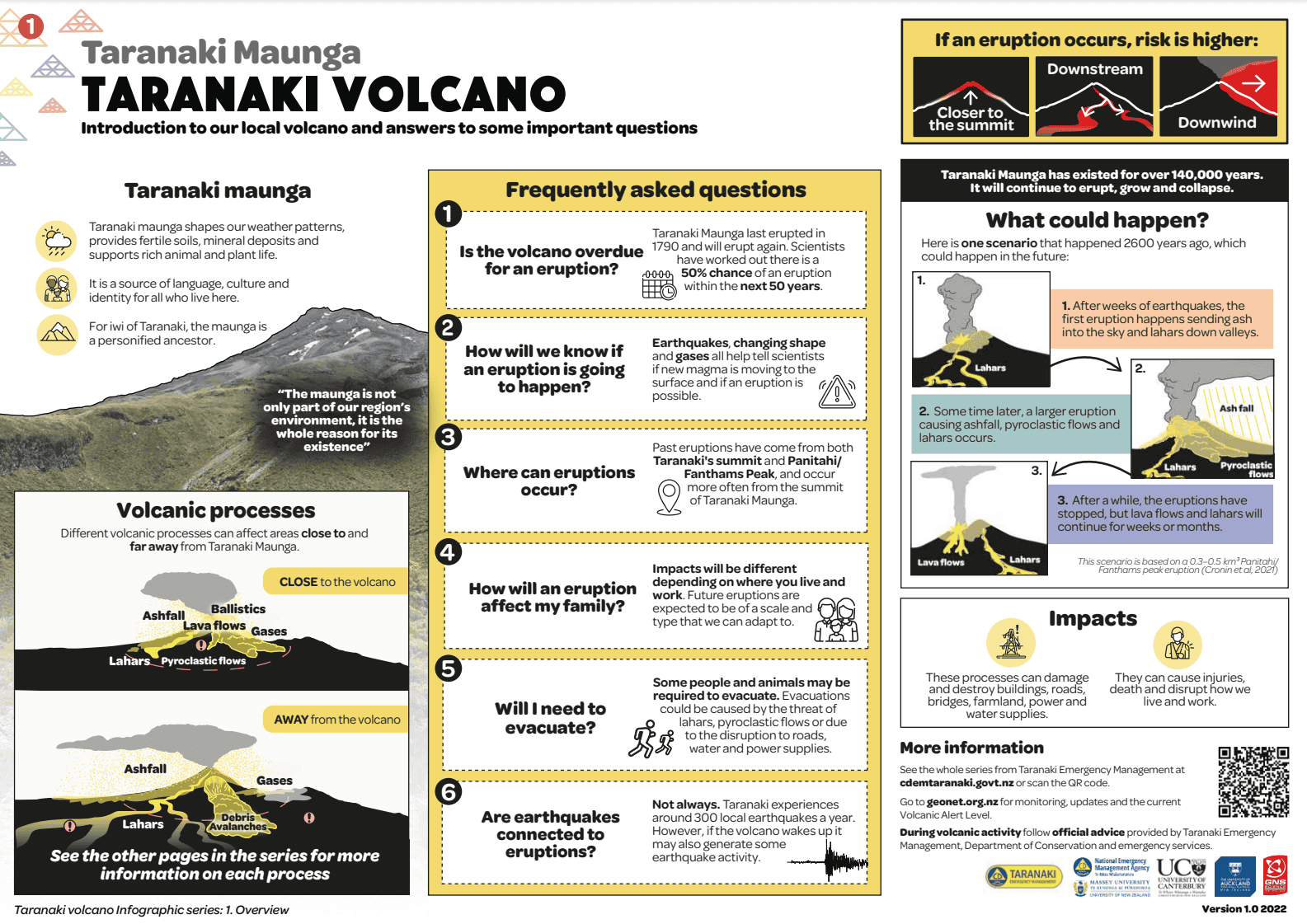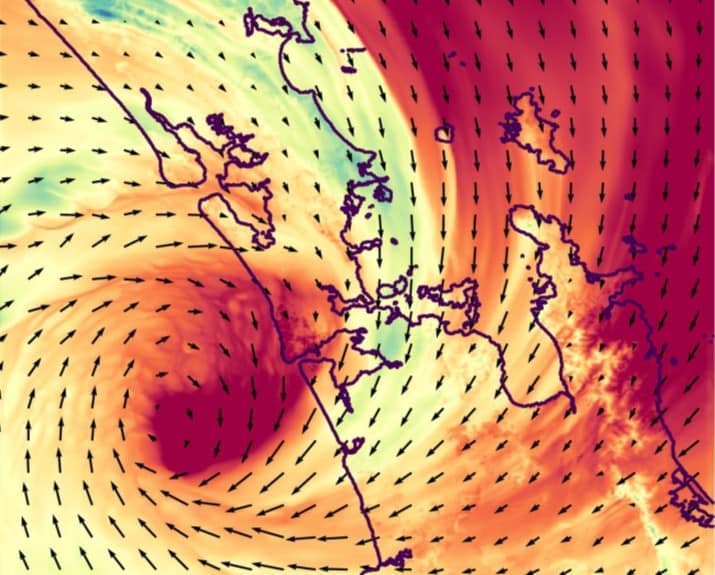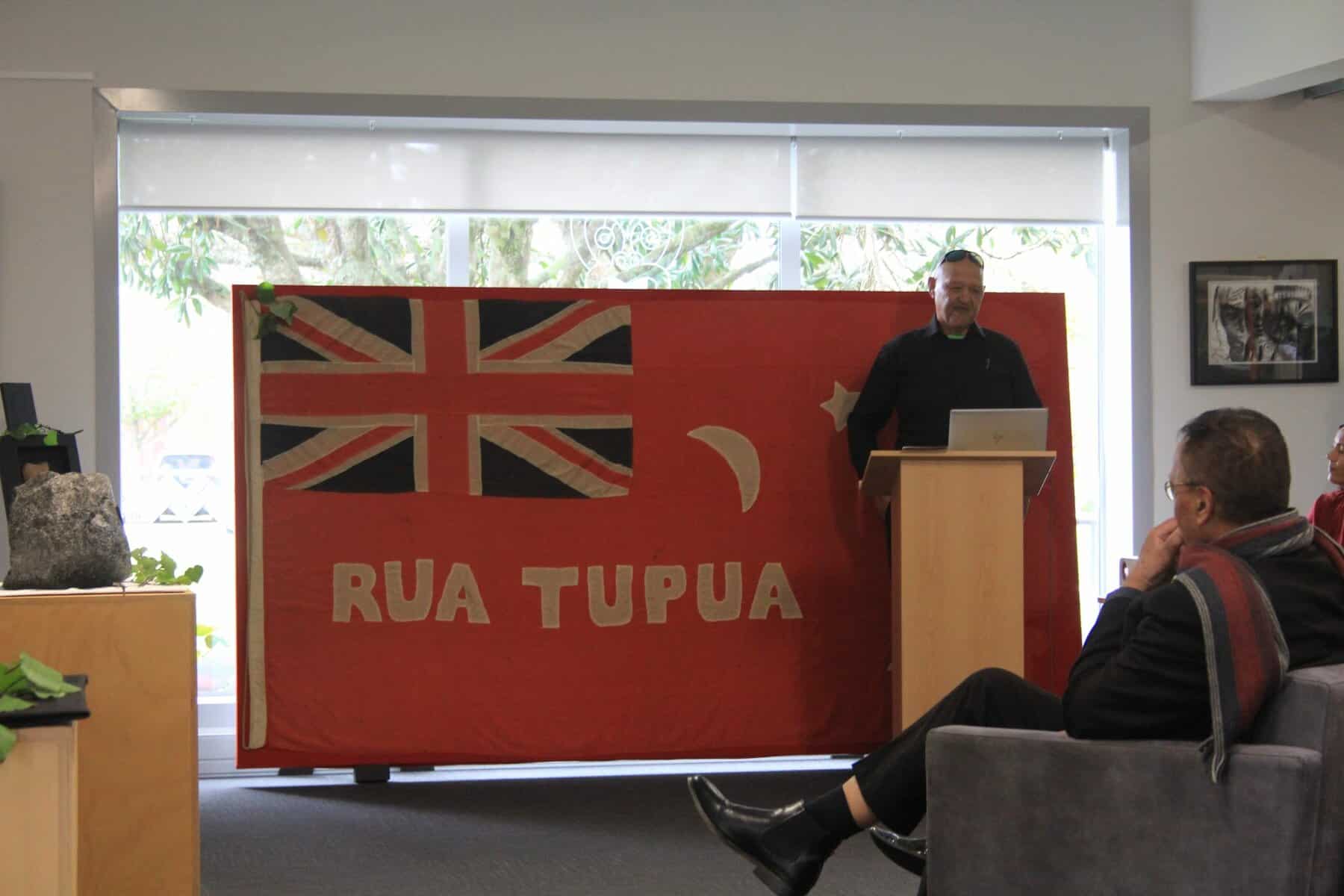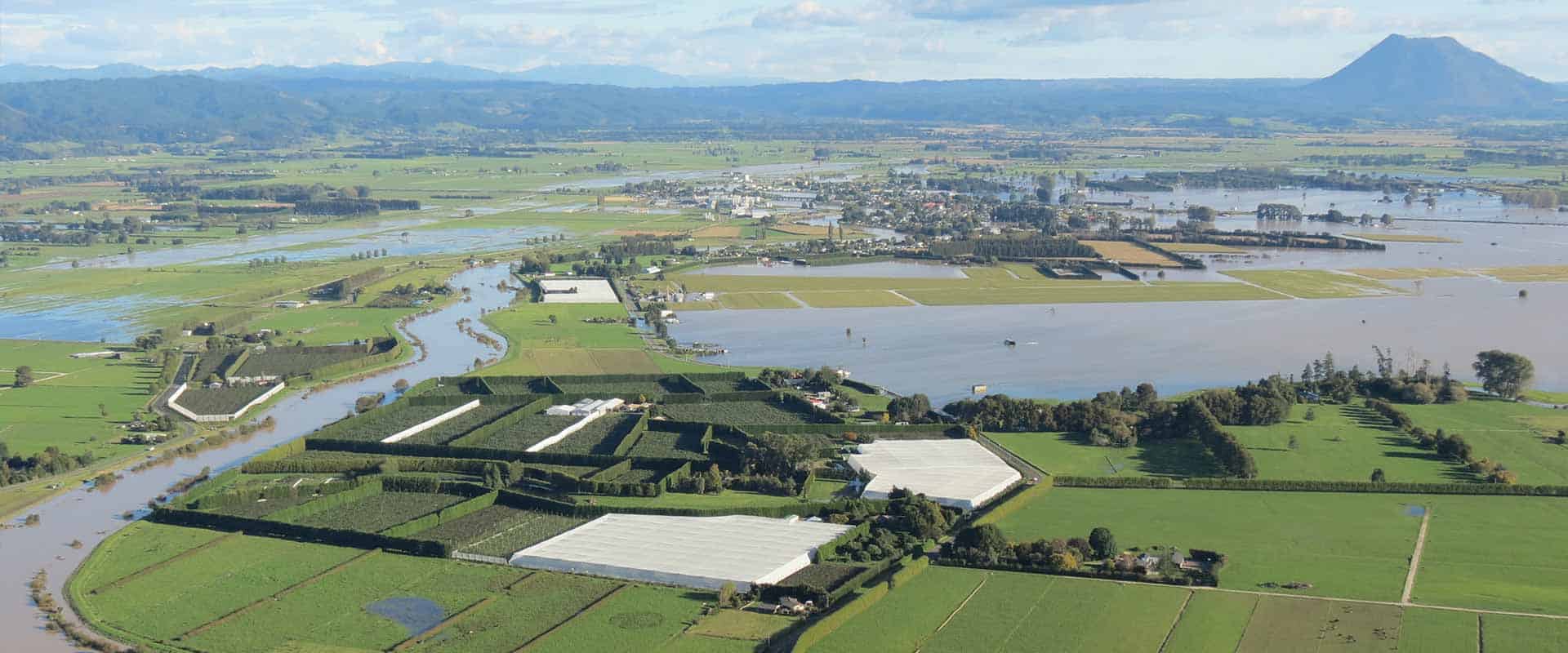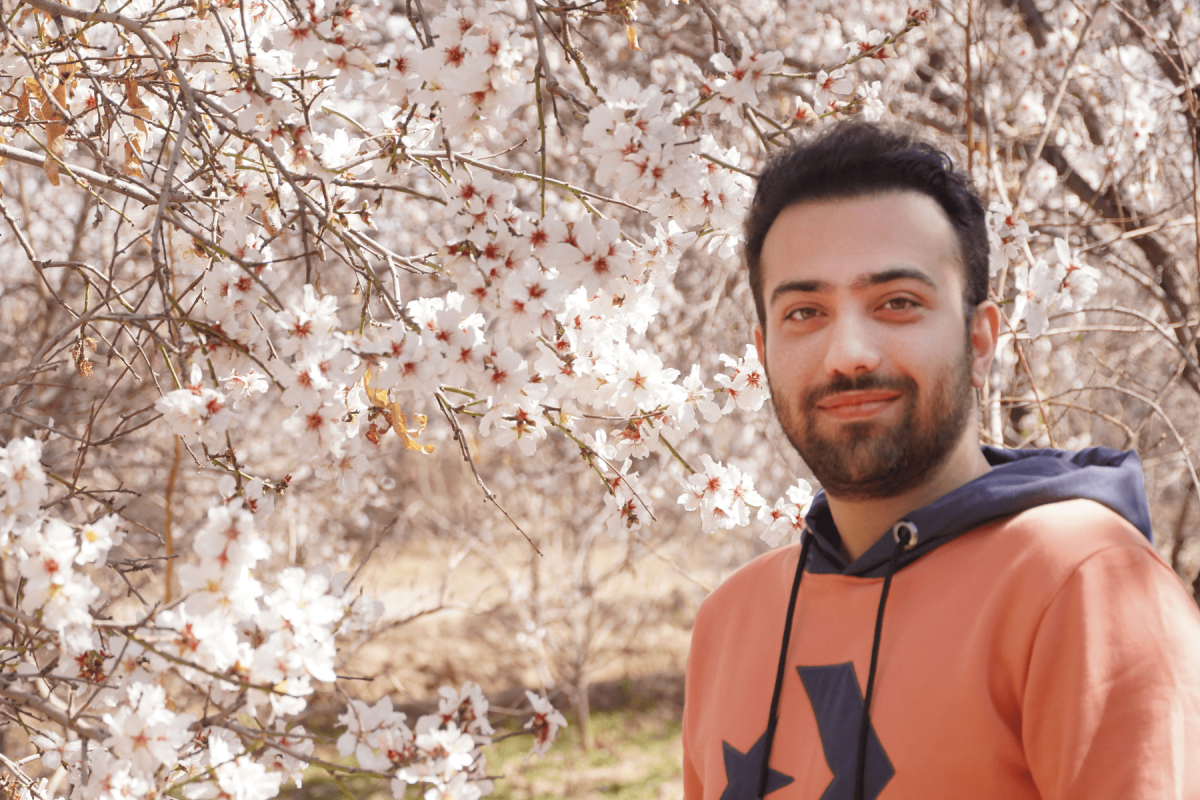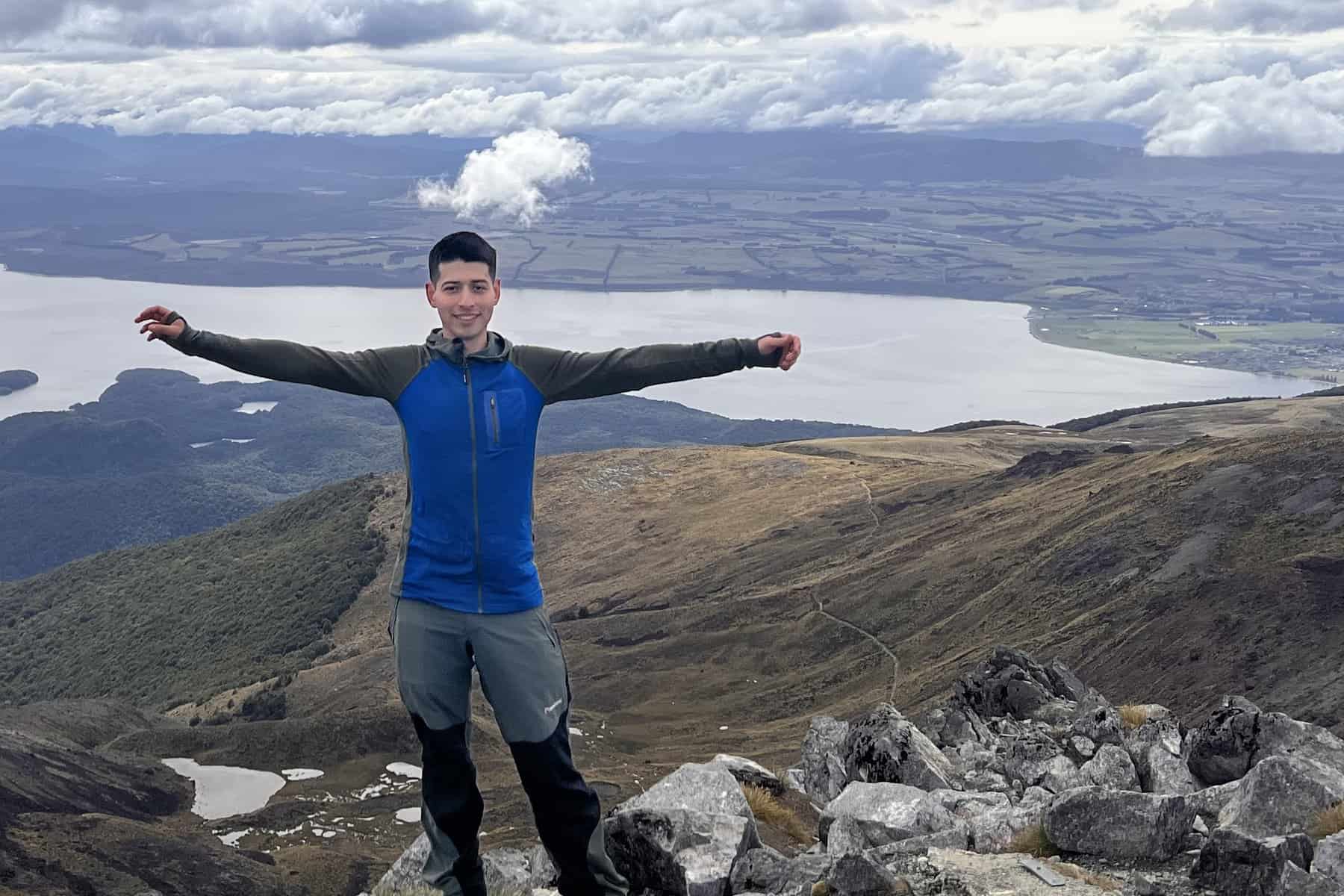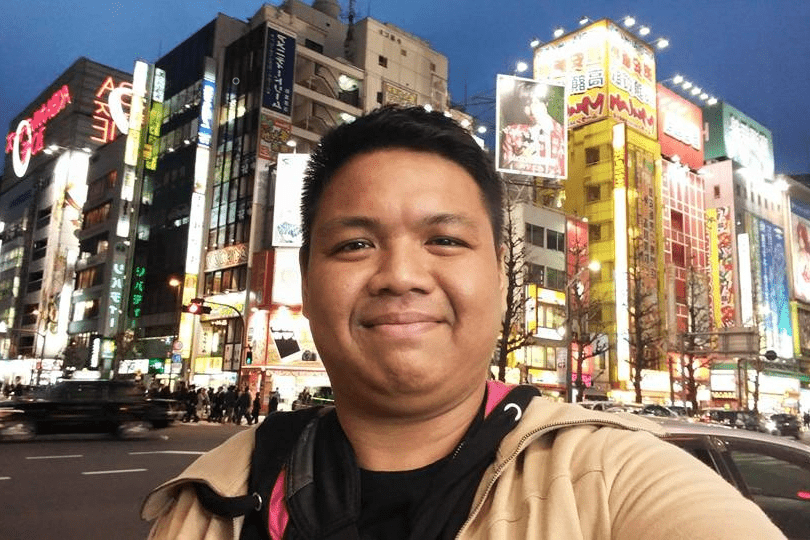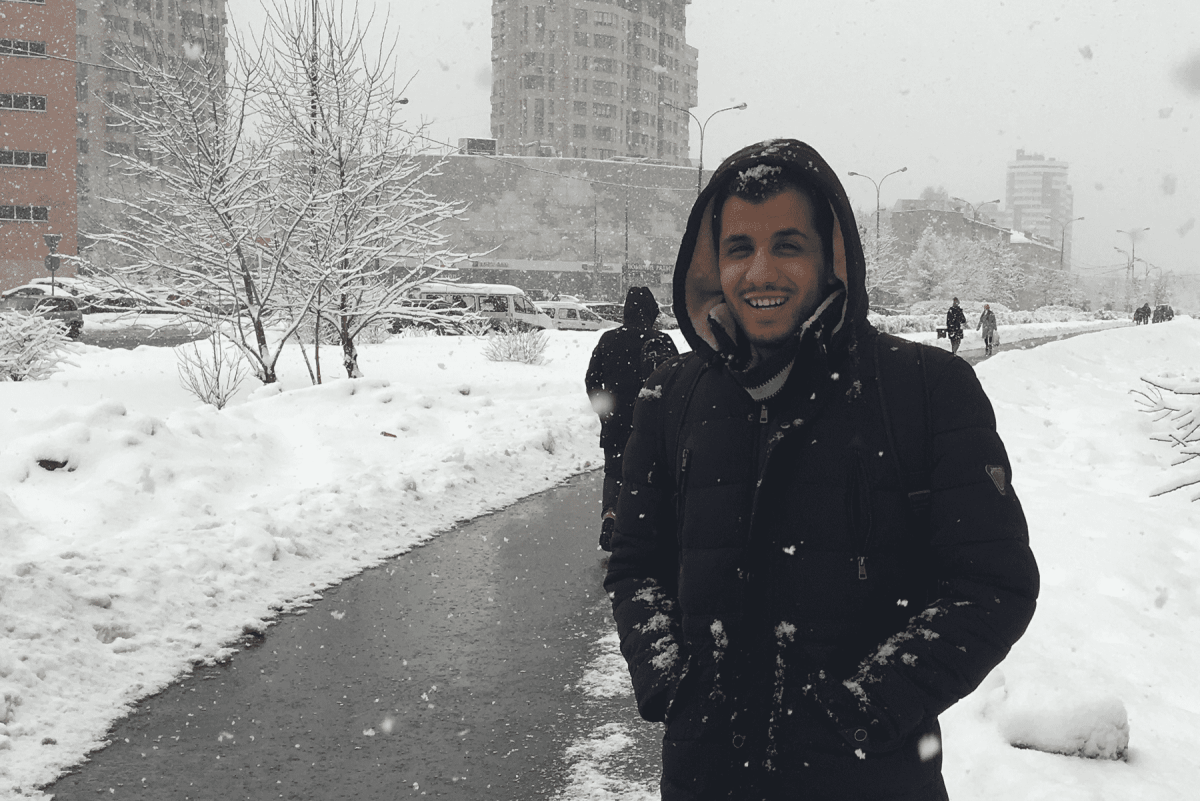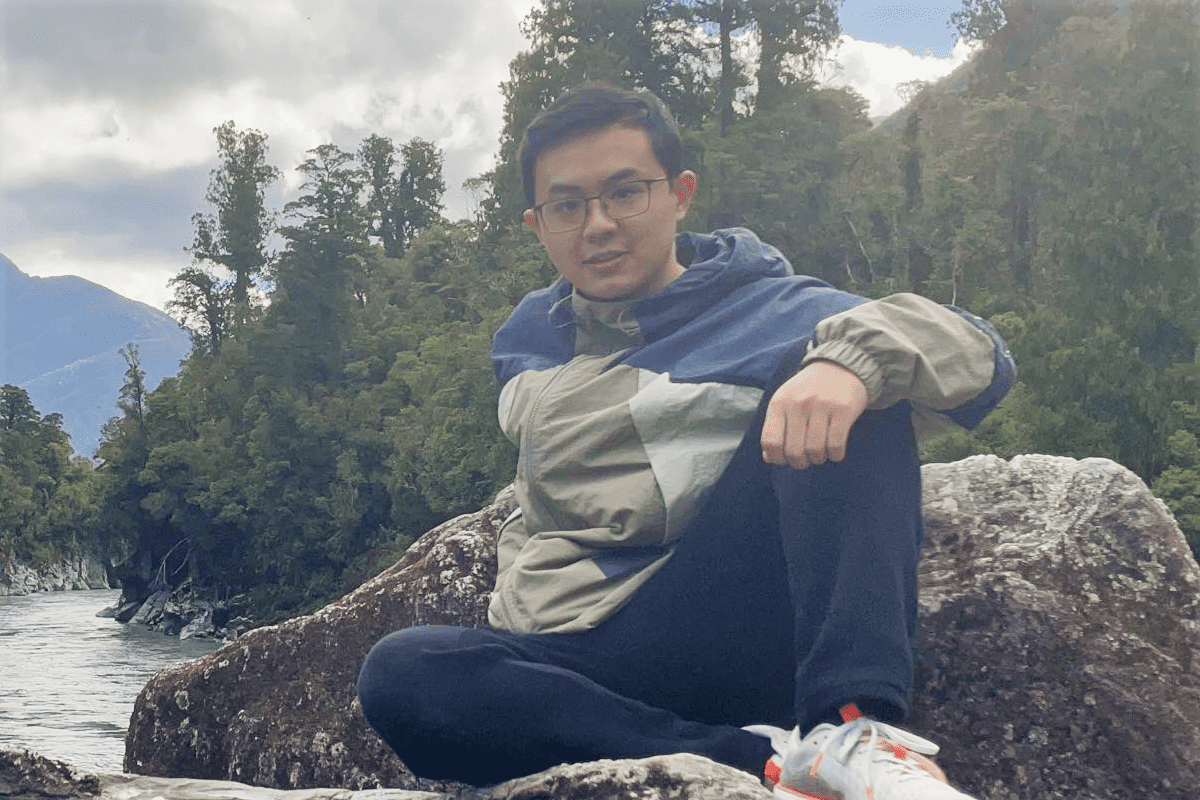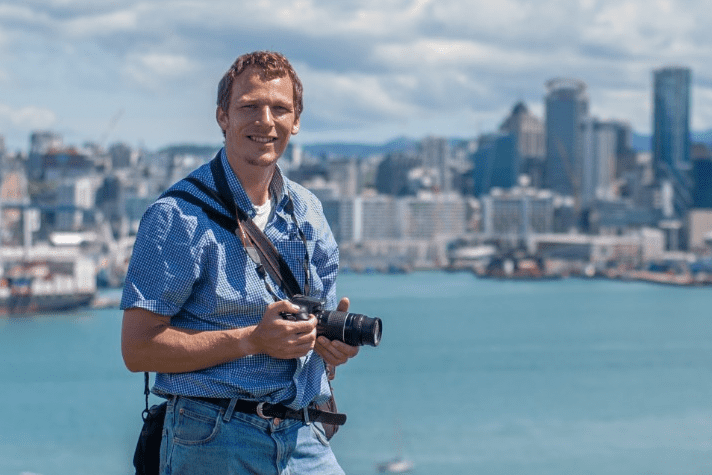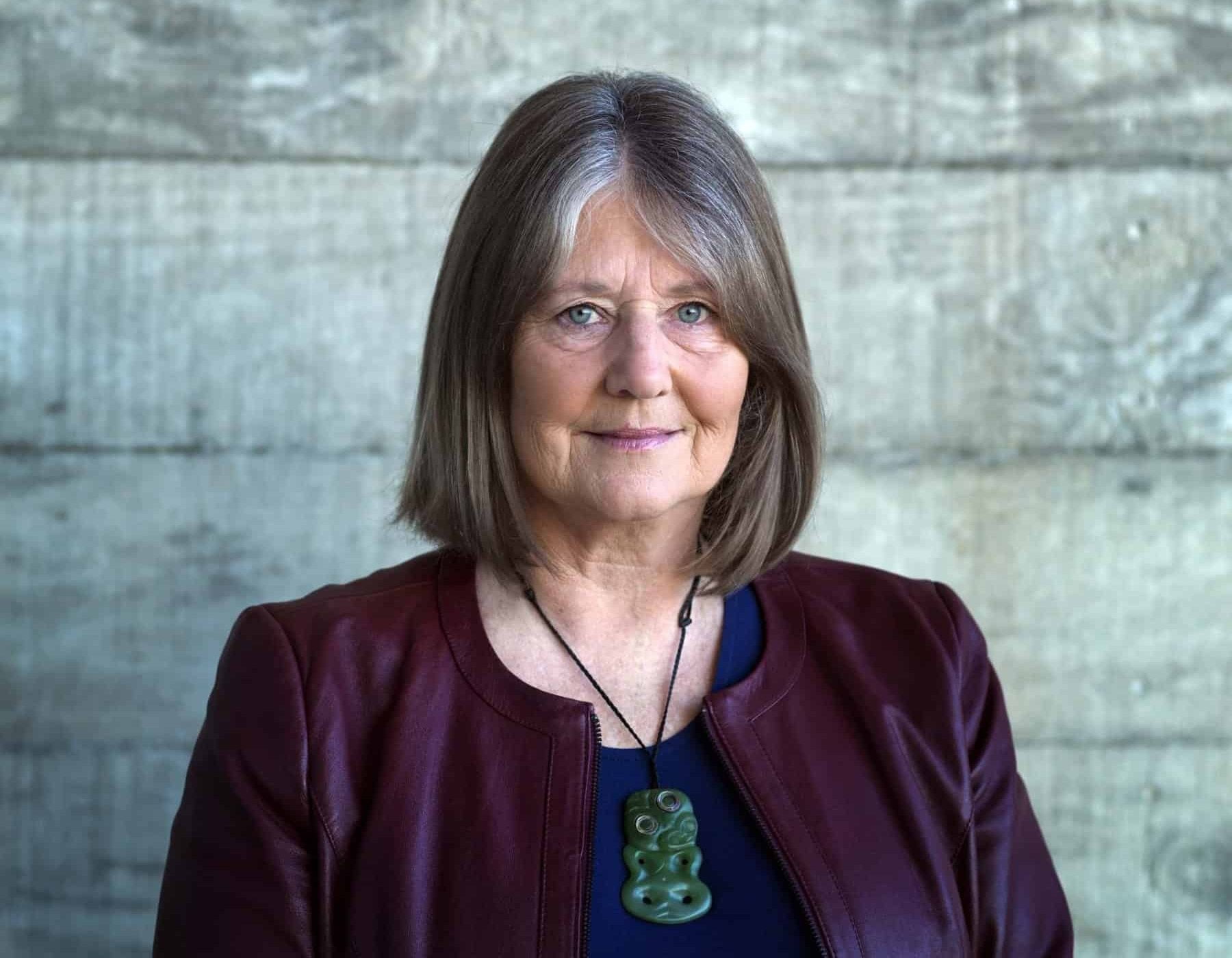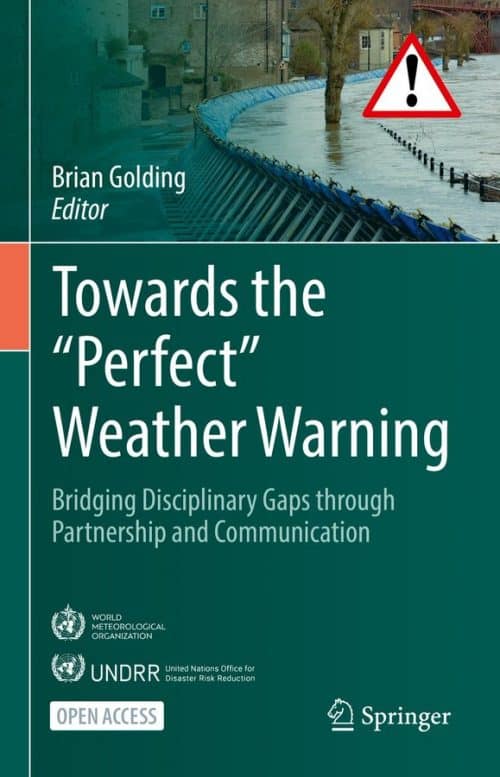Playing with Uncertainty: Facilitating community-based resilience building My Verb: to Inspire (whisper something in people’s hearts) ¡Hola! I am from Bogota DC, Colombia. I define myself as an explorer, but I try to avoid more labels than that. I have studied in nine universities across three continents. I have studied science, business, and now engineering. […]
Student Profile: Widi Auliagisni
Flood Risk Management and Community Resilience in New Zealand Kia Ora! I am Widi, now living in Auckland surrounded by many beautiful and incredible people. I came to New Zealand in 2019 to pursue a Master’s degree in Construction Project Management at Massey University and started my PhD in 2020 under a Massey University Doctoral […]
Student Profile: Sonny Vercoe
Seismic Assessment & Design of Māori Buildings My name is Sonny Vercoe and I’m from Te Arawa, Tūwharetoa, Te Ati Haunui-ā-Pāpārangi, Ngāti Kahungunu and Ngāi Tahu. I grew up in Rotorua and attended Te Kōhanga Reo ki Ōhau, Te Kura Kaupapa Māori o Te Koutu, and Te Wharekura o Kaitao Rotohokahoka. I completed a BE(Hons) […]
Student Profile: Haukapuanui Vercoe
Natural Hazard Recognition & Vulnerability of Marae Infrastructure Tēnā tātou katoa. He uri whakaheke ahau nō ngā iwi o Te Arawa, Tūwharetoa, Te Āti Haunui-ā-Pāpārangi, Ngāti Pāhauwera, Ngāti Raukawa me Ngāi Tahu. All of my schooling was taught in Te Reo Māori at Te Kōhanga Reo ki Ōhau in Ōkere Falls and Te Kura Kaupapa […]
Student Profile: Alex Kirby
Machine Learning for Regional Assessment I’m Alex, a doctorate student at the University of Auckland. In my undergraduate degree I studied civil and environment engineering at the University of Auckland, with a focus on structural and earthquake engineering. Outside of my studies I enjoy playing football/tennis and going bouldering. My Project My PhD project is […]
Student Profile: Emmy Scott
Appropriate complexity of volcanic hazard models I am from Christchurch, New Zealand. After experiencing the Christchurch earthquakes growing up, I found a passion in earth science and disaster risk. I went on to study a BSc in Geology and Geography at the University of Canterbury (UC), then onto a MSc in Disaster Risk and Resilience, […]
Impact Case Study 2021-22: Responsive science for national emergencies
The response to the January 15 Hunga Tonga–Hunga Ha’apai eruption and tsunami involved significant New Zealand science capability, including that of Resilience Challenge (RNC) researchers. Volcanoes team member Assoc Prof Carol Stewart of Massey University is co-director of the International Volcanic Health Hazard Network (IVHHN), and member of the New Zealand Volcanic Science Advisory Panel […]
Impact Case Study 2021-22: Science for resilience policy and practice
A recent focus for the Resilience Challenge (RNC) has been ensuring the development of new legislation is informed by research findings. We have sought to maximise our influence during a busy period for policy development and legislative change, in particular the legislation replacing the Resource Management Act, the review of the Civil Defence Emergency Management […]
Impact Case Study 2021-22: Partnerships as the pathway to impact
In January, the Taranaki Civil Defence and Emergency Management Group Office (TEMO) published a series of posters about volcanic processes associated with Taranaki Maunga. Our Volcanoes team provided science advice for the project, and the information was based on Volcanoes programme research, with support from the National Emergency Management Agency, GNS Science and the Transitioning […]
Impact Case Study 2021-22: Models and tools for decision-making
In the 2021-22 year, RNC research outputs and tools have informed decisions relating to coastal planning, infrastructure planning, and emergency management. Consistent engagement over many years between Volcanoes programme researchers and Taranaki Civil Defence and Emergency Management (CDEM) has led to significant uptake of programme research into the region’s hazard planning. Research led by Dr […]
Ē waru pātai whakahau me Ahorangi Taiarahia Black | Eight quick questions with Professor Taiarahia Black
Te Whare Wānanga o Awanuiārangi School of Indigenous Graduate Studies Whakatāne Campus E Au Ai Te Reo, Taiao – Kaitiakitanga[1] (Building Language Resilience and Mātauranga Māori Amongst Māori Communities) What is the connection of Ē Au Ai Te Reo, Taiao – Kaitiakitanga to Te Wiki o Te Reo Māori 2022? Ē Au Ai Te Reo, […]
Multihazard Risk Model: Flooding Case Study Simulation
By Tim Davies, Case Study Project Leader, Multihazard Risk Programme. The Multihazard Risk Modelling (MRM) theme of the Resilience Challenge addresses the issues of modelling coincident and cascading hazards and their consequences, including their long-term and society-wide social and economic impacts. We use realistic scenario frameworks together with improved resilience investment business cases. The main […]
Student Profile: Mehdi Bashiri
Post-Earthquake Decision Criteria for Steel Buildings I am from Tehran, Iran. I received my Bachelor’s degree in Civil Engineering from Shiraz University, Shiraz, Iran, and my Master’s degree in structural and earthquake engineering from Sharif University of Technology, Tehran, Iran. I enjoy teaching. Transferring my knowledge and seeing students grow, brings me joy. That is […]
Student Profile: Julián Rincón Gil
Seismic Response of Reinforced Concrete Columns with Active Confinement I was born and bred in Cali, Colombia. Cali is located on the Cauca river valley, approximately 100 km east from the Colombian Pacific coast. Growing up in the Ring of Fire region, I became passionate about earthquakes. After completing my Bachelor’s degree in civil engineering […]
Student Profile: Kristian Azul
Integration of Geospatial and Focused Liquefaction Tools for Regional Assessments Hi guys! Kamusta? I am from Quezon City, Metro Manila, Philippines. I did my Bachelor’s and Master’s degrees in Civil Engineering at the University of the Philippines Diliman. Coming from a poor family, it is not surprising that one of my motivations in choosing my […]
Student Profile: Miloud Lacheheb
The impact of tropical cyclones on near-shore fisheries I was born in Guemar and raised in Ouargla, Algeria. I received my Bachelor’s degree in Business Management from Algeria in 2008. Then, I moved to Malaysia and obtained my Master’s degree in Economics from University Putra Malaysia in 2014. Given the increasing prominence of big data […]
Student Profile: Kexin Wang
Seismic loss mitigation for timber frame residential houses I come from Shandong, China. Influenced by my grandfather who was a senior structural engineer, I showed a big interest in engineering when I was in high school. I chose civil engineering as my major and have been studying it for seven years; four years for my […]
Student Profile: Jay Kuethe
The role and origin of Tuhua’s unusual magmatic chemistry Following a rather bimodal career path (studying the fields of Geology, but working professionally in the field of Ecology), I focused much of my academic endeavours on studying the dynamics behind landscape evolution, geomorphology, and the stability of landscapes. I have developed many new ways of […]
Q & A with Prof Christine Kenney
Christine Kenney (Te Āti Awa, Ngāti Toarangatira, Ngāi Tahu) has been part of the Resilience Challenge since Phase 1 and was recently appointed as co-leader of our Rural Communities research programme. Q. Kia ora Christine. Congratulations on your recent appointment as co-leader of the Resilience Challenge Rural Programme. What does the role mean for you? […]
New Book: ‘Towards the “Perfect” Weather Warning’
Two researchers from the Resilience Challenge, David Johnston (co-lead of Urban) and Sally Potter (co-lead of Weather & Wildfire) were recently co-authors on a new open-access book, titled ‘Towards the “Perfect” Weather Warning’, edited by Brian Golding from the UK Met Office and published by Springer. The book discusses how to make weather warnings more […]
